Facing a charge of domestic battery or being under an order of protection can be a challenging and confusing time. Understanding your legal rights and restrictions is crucial in these situations.
Can You Talk to the Person Who Filed an Order of Protection Against You?
This guide explains the following:
- Understanding orders of protection
- Communicating with the protected person
- Legal consequences of violating an order
- How a lawyer can help
- Preparing for your legal defense
Here’s a closer look at each.
Understanding Orders of Protection
An order of protection is a legal injunction issued by a court to protect a person from harassment, abuse, or violence. It’s important to understand the specific terms of any order issued against you, as these can vary significantly.
Related: Information on domestic battery defense in Chicago
Communicating with the Protected Person
Directly communicating with someone who has filed an order of protection against you can have serious legal implications. It’s generally advised to avoid any form of contact unless explicitly permitted by the court.
Legal Consequences of Violating an Order
Violating an order of protection can lead to additional criminal charges, including aggravated domestic battery. It’s crucial to adhere strictly to the terms of the order to avoid further legal complications.
How a Lawyer Can Help
A lawyer can provide essential guidance and representation in cases involving domestic battery or orders of protection. They can help you understand your rights, the legal process, and develop a strategy for your defense.
Related: Can I lose custody of my kids if I’m convicted of domestic battery?
Preparing for Your Legal Defense
Preparing a defense in a domestic battery case involves gathering evidence, understanding the charges, and working closely with your attorney. A strong defense strategy is key to protecting your rights and achieving the best possible outcome.
FAQ About Domestic Battery and Orders of Protection
What is an Order of Protection?
An order of protection is a court order designed to prevent future domestic violence or harassment. It sets legal boundaries for the person it’s issued against.
Can I Contact the Person Who Filed the Order Against Me?
Direct contact with the person who filed the order is typically prohibited. This includes physical, electronic, or indirect communication through a third party.
What Happens if I Violate an Order of Protection?
Violating an order of protection can result in criminal charges.
Related: 3 things you MUST do if you’re falsely accused of domestic battery
How Can a Lawyer Assist in My Case?
A lawyer can help you understand the charges against you, represent you in court, and develop a defense strategy that gets you the best possible outcome. They can also negotiate on your behalf and ensure your rights are protected.
What Should I Do if I’m Charged with Domestic Battery?
If you’re charged with domestic battery, it’s crucial to seek legal advice immediately. Avoid discussing the case with anyone but your attorney and follow their guidance closely.
Navigating the complexities of domestic battery charges and orders of protection requires careful understanding and a strategic approach. With the right legal assistance, you can effectively manage your case and work toward a favorable outcome. Remember, every case is unique, and the guidance of a seasoned attorney is invaluable in these situations.
Do You Need to Talk to an Attorney About Domestic Battery Defense?
If you need to talk to a domestic battery defense attorney in Illinois, we’re here to help. Call us at 847-920-4540 now – we’ll be happy to give you a free consultation and talk to you about your options.


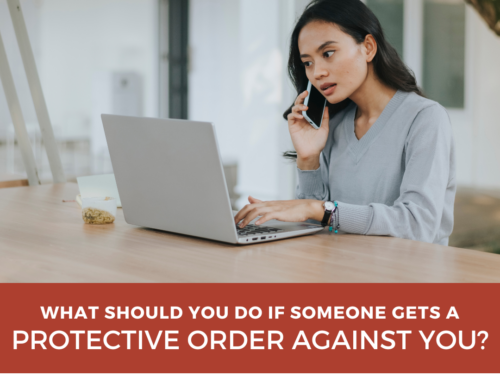
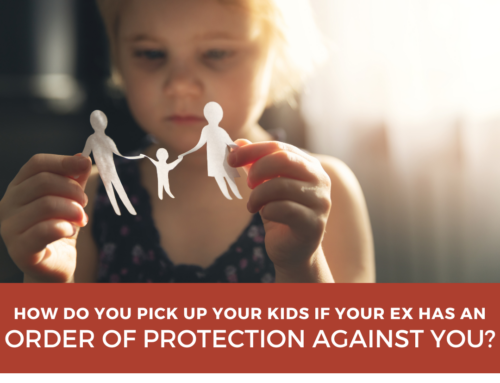
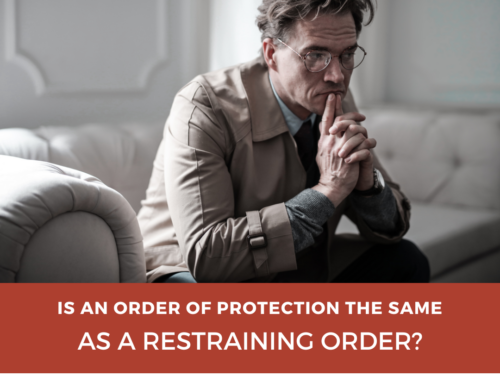
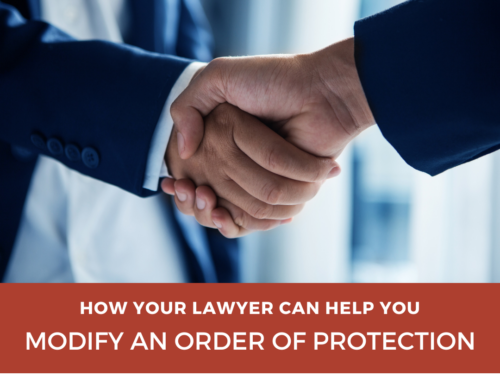
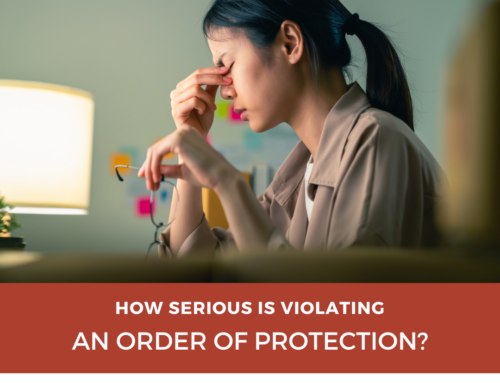
Leave A Comment
You must be logged in to post a comment.